
Posted on October 10, 2022
Researchers at the University of Pretoria (UP) are making today matter by battling aggressive breast cancer through identifying genes that make African women more susceptible to certain forms of breast cancer. However, this is no easy task as very little genomic information is known about African...
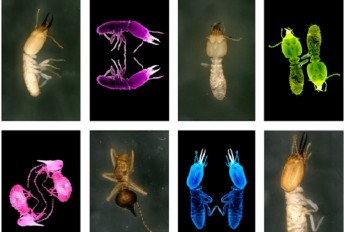
Posted on September 28, 2022
The University of Pretoria (UP) recently participated in an international study led by the University of Miami to investigate termite and microbial wood discovery and decay. Termites release carbon from the wood as methane and carbon dioxide, which are two of the most important greenhouse gases...
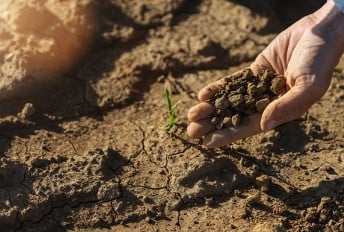
Posted on September 23, 2022
Smallholder farmers are the most in touch with the earth’s changing climate patterns, and they are the most vulnerable to increased temperatures and reduced rainfall.
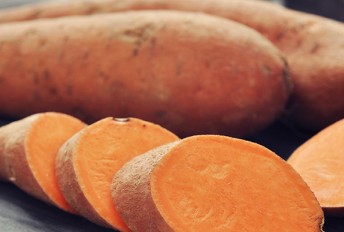
Posted on September 20, 2022
Researchers at the University of Pretoria (UP) have found a way to make orange-fleshed sweet potato last longer in an effort to benefit from this smart crop and address micronutrient deficiencies among young children and pregnant women.
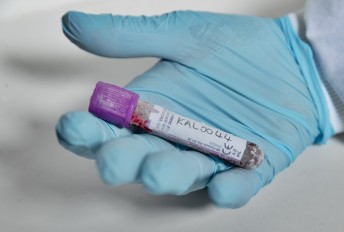
Posted on August 31, 2022
Two pioneering studies published simultaneously today in Nature and Genome Medicine have identified genetic signatures explaining ethnic differences in the severity of prostate cancer, particularly in sub-Saharan Africa.

Posted on August 05, 2022
Welcome to the third issue of, RE.SEARCH. The first two issues looked at ‘Sustainability’ and ‘Innovation’. Issue 3 looks at how we can ‘Renew’ our ways of thinking and grow possibilities. This edition features research that should excite everyone from the...

Posted on July 20, 2022
Until we know more about the risks, we should try to limit our exposure to microplastics found in products and in the environment, and the toxic chemicals associated with them. This is according to Professor Halina Röllin of UP’s School of Health Systems and Public Health, who was part of...
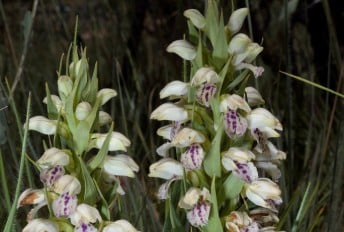
Posted on July 12, 2022
The Albertina Sisulu orchid was described as a new species in 1955, the same year the struggle stalwart launched the Freedom Charter with her compatriots in the ANC Women’s League. Researchers at the University of Pretoria want to help save this endangered plant by understanding the unique...

Posted on July 10, 2022
Investigations by a University of Pretoria (UP) research team into the changes that occur in the microbiome of Namib Desert soils after rain have found that they are abundant with tiny life forms.

Posted on July 07, 2022
More than three billion people, most of whom are in developing countries, rely on the ocean to make a living. Fisheries and aquaculture provide the main source of animal protein for some 17% of the world’s population. In the least-developed countries, fish contributes about 29% of animal...
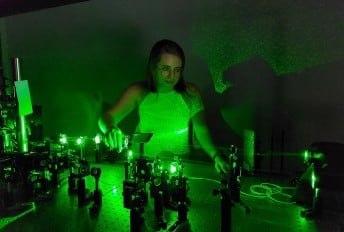
Posted on June 27, 2022
A UP-led team is using the momentum of light to trap particles. This optical trap has been used with collaborators to demonstrate a hidden property in light that remains unchanged even when it passes through turbulence.
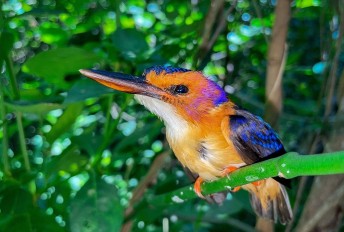
Posted on June 22, 2022
Rising temperatures as a result of climate change will affect bird species differently, and their abilities to withstand extremely hot conditions depend on the part of the world that they find themselves in and the climatic region to which their physiology has become adapted over the course of...
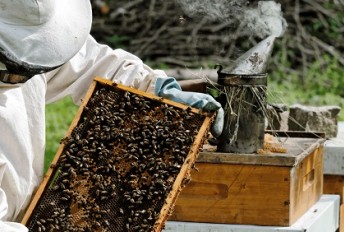
Posted on May 19, 2022
A breakthrough study from the University of Pretoria has found that small hive beetles trapped inside a honeybee nest sneakily entice the very bees that keep them prisoner into providing them with the best of what there is to feed on in the hive – even some of the queen’s portion.
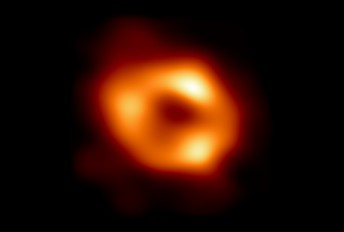
Posted on May 12, 2022
Astronomers have unveiled the first image of the supermassive black hole at the centre of our own Milky Way galaxy. The announcement was made at simultaneous press conferences around the world. Professor Roger Deane, an Extraordinary Professor at the University of Pretoria and Director for the...
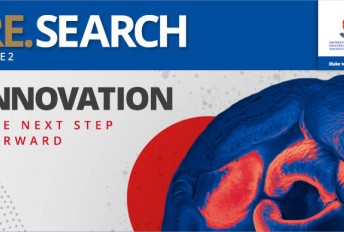
Posted on April 26, 2022
Innovation is the next step forward. The innovations highlighted in this edition show us that the knowledge we create today is a step forward to future.

Posted on April 17, 2022
University of Pretoria researchers Dr Mariëtte Pretorius and Professor Wanda Markotter have published a study which shows that land around important bat-inhabited caves are changing and that natural habitats are being destroyed.
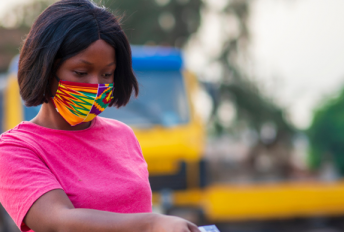
Posted on April 14, 2022
Can the government communicate more effectively with people to encourage them to contribute more to initiatives such as the Solidarity Fund? By better understanding the factors that will nudge citizens into action, it can.

Posted on April 11, 2022
Researchers found high levels of air pollution in areas of Mpumalanga and Gauteng. UP’s Rebecca Garland helped create an artificial intelligence tool to monitor and predict daily air pollution against national air quality standards.
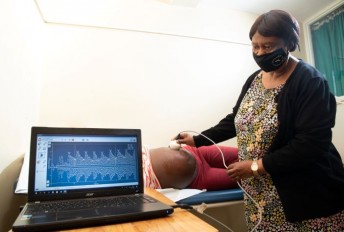
Posted on April 04, 2022
Researchers at the University of Pretoria (UP) have shown that a low-cost, easy-to-use screening device can detect foetal growth restriction in pregnant women, which, if not diagnosed, can lead to stillbirth, neonatal death or suboptimal childhood growth.
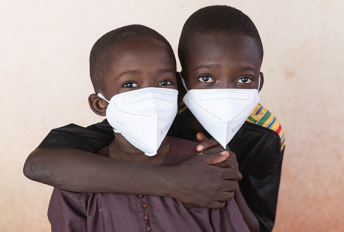
Posted on March 22, 2022
A study led by researchers at the University of Pretoria (UP) has found that people who believe that others are complying with COVID-19 regulations are more likely to comply as well.
Copyright © University of Pretoria 2025. All rights reserved.
Get Social With Us
Download the UP Mobile App